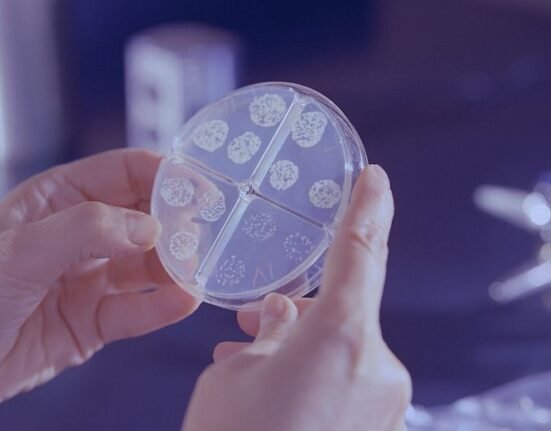HQ Team
December 5, 2024: Cepheid Inc., a US molecular diagnostics company and a wholly-owned arm of Danaher Corporation has been granted WHO prequalification for its diagnostic tests for tuberculosis.
The California-based company’s Xpert MTB/RIF Ultra platform becomes the first to meet WHO’s prequalification standards for tuberculosis (TB) diagnosis and antibiotic susceptibility tests, according to a statement from the global health agency.
WHO’s assessment for prequalification is based on information submitted by Cepheid Inc., and the review by Singapore’s Health Sciences Authority, the regulatory agency of record for this product.
“This first prequalification of a diagnostic test for tuberculosis marks a critical milestone in WHO’s efforts to support countries in scaling up and accelerating access to high-quality TB assays that meet both WHO recommendations and its stringent quality, safety and performance standards,” said Dr Yukiko Nakatani, WHO Assistant Director-General for Access to Medicines and Health Products.
Top infectious killer
“It underscores the importance of such groundbreaking diagnostic tools in addressing one of the world’s deadliest infectious diseases.”
In an October report, the WHO stated that 8.2 million people were newly diagnosed with tuberculosis in 2023 – the highest number recorded since the agency began global tuberculosis monitoring in 1995.
The number of people infected with the disease rose from 7.5 million in 2022, placing tuberculosis again as the leading infectious disease killer in 2023, surpassing COVID-19.
The disease affected people in 30 high-burden countries. India (26%), Indonesia (10%), China (6.8%), the Philippines (6.8%) and Pakistan (6.3%) together accounted for 56% of the global tuberculosis burden.
Drug-resistant stains
According to the report, 55% of people who developed tuberculosis were men, 33% were women and 12% were children and young adolescents.
Accurate and early detection of TB, especially drug-resistant strains, remains a critical and challenging global health priority, according to the WHO.
WHO prequalification of the Cepheid test is “expected to assure the quality of diagnostic tests used to improve access to early diagnosis and treatment.”
It complements WHO’s endorsement approach, which is grounded in emerging evidence, diagnostic accuracy, and patient outcomes alongside considerations for accessibility and equity, with prequalification requirements on quality, safety, and performance, according to the statement.
The Cepheid test is designed to detect the genetic material of Mycobacterium tuberculosis, the bacterium that causes the disease, in sputum samples, and provides accurate results within hours.
Identifying mutations
Simultaneously, the test identifies mutations associated with rifampicin resistance, a key indicator of multidrug-resistant tuberculosis.
It is intended for patients who screen positive for pulmonary tuberculosis and who have either not started anti-tuberculosis treatment or received less than three days of therapy in the past six months.
“High-quality diagnostic tests are the cornerstone of effective TB care and prevention,” said Dr Rogerio Gaspar, WHO Director for Regulation and Prequalification. “Prequalification paves the way for equitable access to cutting-edge technologies, empowering countries to address the dual burden of TB and drug-resistant TB.”
The WHO is currently assessing seven additional tuberculosis tests.








